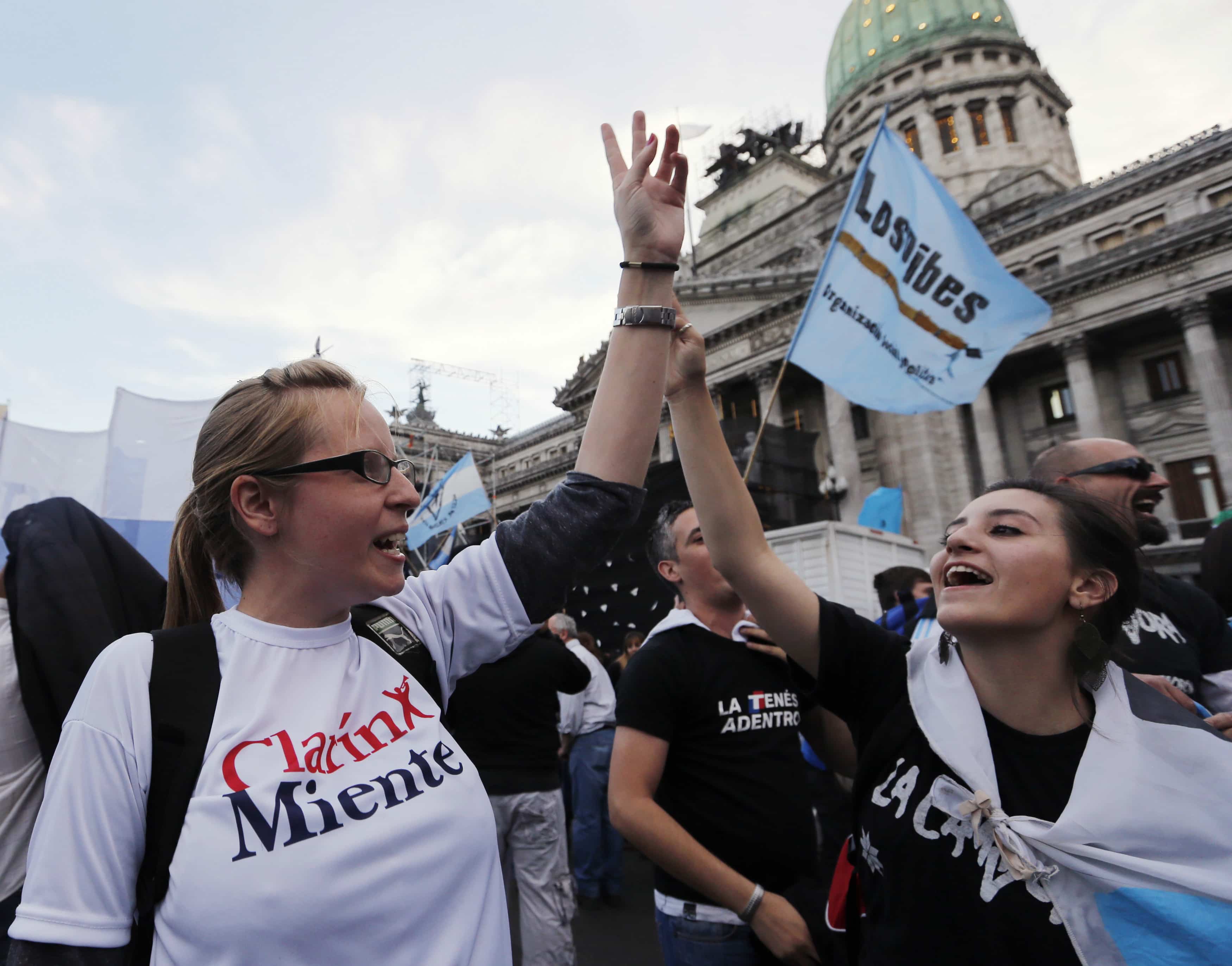A Supreme Court decision has declared a 2009 media law constitutional, meaning that media conglomerate Grupo Clarín must divest itself of a large portion of its media holdings.
The Audiovisual Communication Services Law, which was passed by the National Congress in 2009, but had yet to come into force, has been declared constitutional by the Supreme Court in Argentina. This latest decision was the outcome of an appeal by the independent media conglomerate Grupo Clarín, and means that it must finally divest itself of a large portion of its media holdings to comply with regulations on media concentration that are present in the law. The 29 October 2013 decision brings an end to a five-year-long legal battle between the federal government and Clarín. Almost a year ago Clarín’s attempts at appeal were blocked by the justice ministry.
Since 2009, Clarín has been able to put off divesting any of its holdings, such as it had done with an injunction that expired in early December 2012. If it had not been for Clarín’s latest appeal, the entire law would have taken effect for the group last year, says Reporters Without Borders (RSF). RSF said they support the overall principles of the law and believe “its implementation will be big step forward for pluralism in Argentine and the region”, while warning that the Federal Agency for Audiovisual Communication Services (AFSCA), the new body that was created by the law, must operate independently from the government for any improvements to be made.
Article 45 of the Audiovisual Communication Services Law limits companies to owning 24 cable television licenses, plus 10 open frequency radio or television licences. Clarín, at last count, owned 240 cable television broadcasters, 10 radio stations, and four television channels, in addition to the Clarín newspaper. Clarín’s appeal was based on claims that certain articles, including numbers 45 and 161 (which includes the procedures for divestiture), would damage the company’s profitability, but the court decided that Clarín had not provided enough information to back up this complaint.
An article by Eleonora Rabinovich, the deputy director of Asociación por los Derechos Civiles (ADC), says the court also determined that Clarín failed to prove that the disputed articles violated its freedom of expression. Part of this argument rested on the concept of a collective right to freedom of expression, for which the state can intervene to guarantee an environment of plurality and balanced reporting. The concern had been that by imposing the law on Clarín, the government would be interfering with their ability to present information and their right to free expression.
The court also said that any media landscape that hopes to defend plurality needs a transparent and non-discriminatory policy for the distribution of official (government) advertising contracts. This is important because, as the Inter American Press Association (IAPA) notes, the government has tried to penalise independent and critical press by arbitrarily granting these lucrative contracts and by pressuring private companies to “withhold advertising from media outlets not in favour with the government”.
The ongoing struggle between the government and Clarín has brought attention to the issue of media concentration, but has also revealed a certain bias against the media group on the part of the government. While reducing media concentration can be a good thing for media plurality and the public’s access to different points of view, when it is championed by a government whose officials, including President Kircher, “have been seen holding balloons, banners and stickers with the phrase ‘Clarín miente’ (Clarín lies) at official gatherings”, the motives behind the media law decision come into question.
This Supreme Court judgement may have been the most highly anticipated in the country’s media law community, but while tensions between the government and the independent media still exist, this is not the end of the story. Clarín has now exhausted its appeal options within the country, but there are reports the group is considering appealing the case at the international level.



